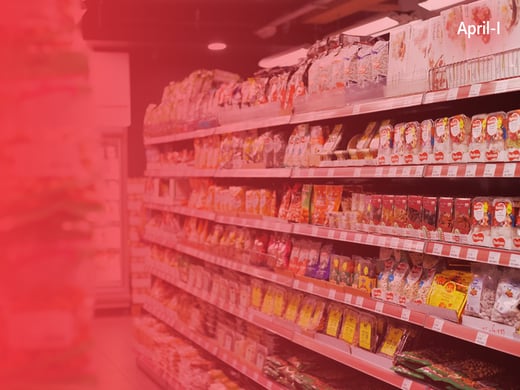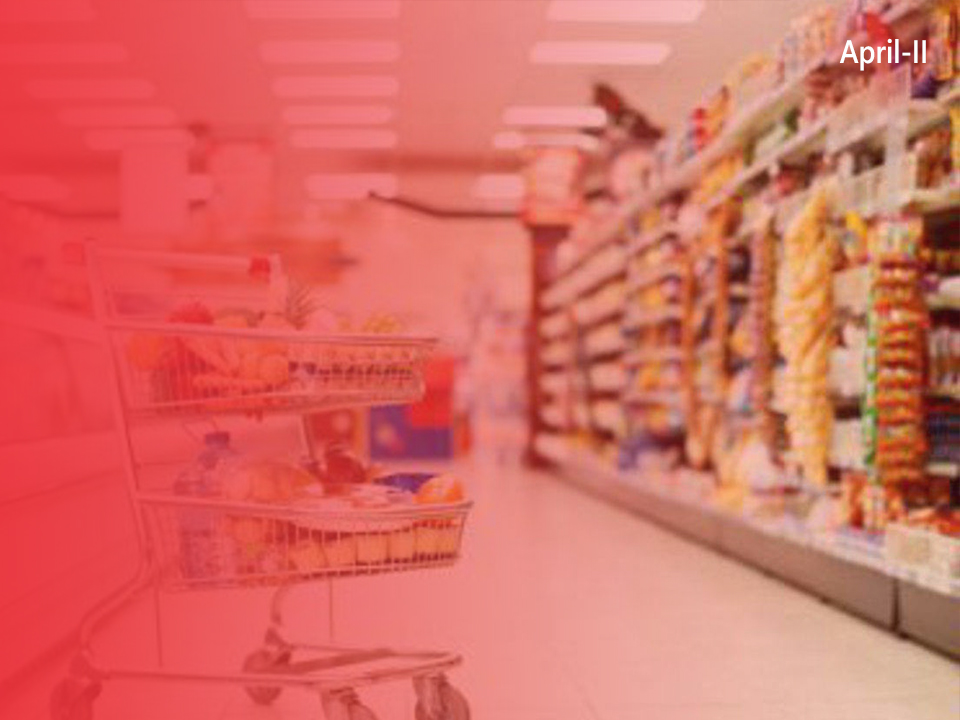
Welcome to your weekly dose of Indian Retail. The week that has gone by can be best described as a period of innovation out of expedience. Due to the lockdown, FMCG companies have explored new synergies in order to keep the goods flowing.
Let us see what transpired in the past few days:
Lockdown to impact Q1 (Apr – June) nos. according to GCPL
Although GCPL is ramping up its production & distribution to ensure supplies of essentials, certain “bottle Neck” issues continue to hamper capacity.
Online Food Delivery Platforms open a new supply frontier for FMCG companies
Marico has partnered with Swiggy & Zomato to provide essentials to consumers. ITC too is doing the same with Dominos.
MORE Retail continues to operate 90% of its stores in lockdown
Mohit Kampani, CEO, Hypermarkets at MORE, keeps 90% of 645 Stores operational by continuing to solve supply chain issues.
Great news for makers of personal care products
The Latest MHA guidelines have expanded the definition of groceries. Personal care hygiene goods are now classified as essentials and transportation of all goods has been authorized.
Discover the workings of an AMUL Plant, during the lockdown
By redefining shifts and innovating production guidelines, this Amul plant in Maharashtra ensures that the river of milk keeps flowing.
Losses pile up for Retail
According to CAIT, losses amounting to $30 billion have been incurred by retail trade in the past 15 days.
Etailers on a hiring spree
Big Basket & Grofers will hire up to 10000 permanent staff to meet the surge in demand.
COVID-19 crisis may lead to new products
According to GCPL’s MD Vivek Gambhir, the current crisis may lead to not just new practices but products as well.
Bulk Deliveries to ensure smooth supply
Retailers find fulfilling bulk orders from RWA convenient during the manpower crunch.
HUL completes acquisition of GSK Consumer
After securing all the necessary approvals, HUL announces the acquisition of GSK consumer thereby marking HUL’s entry into the HFD category.
Consumer durables take a hit
While there is some light at the end of the tunnel for FMCG, consumer durables sales in summers will see a 25 – 30% decline.


 1 minute read
1 minute read


